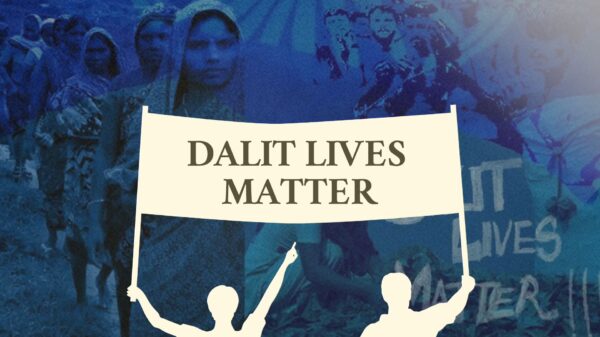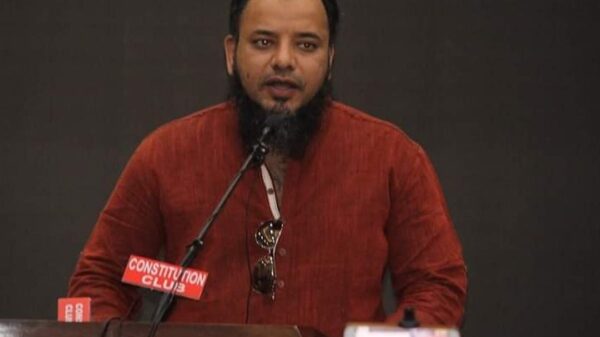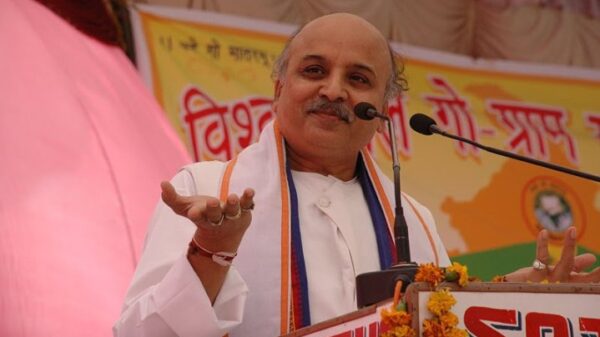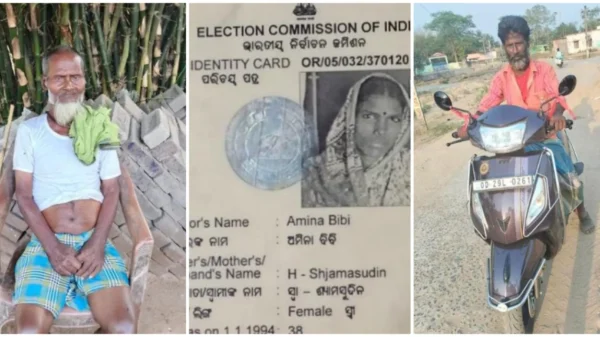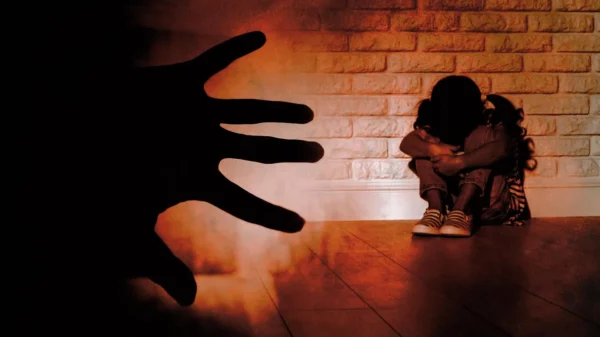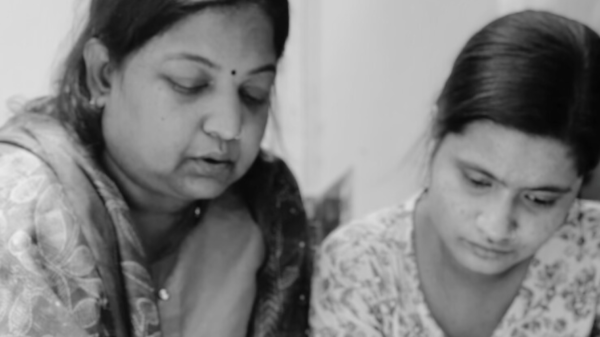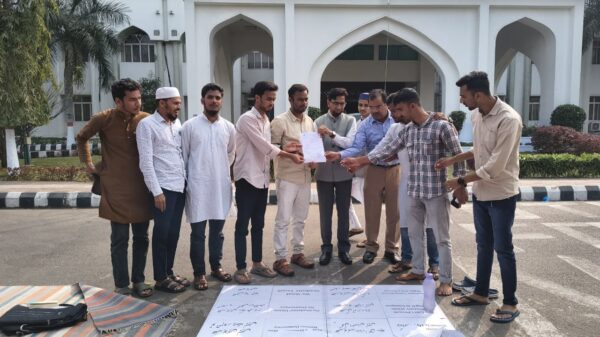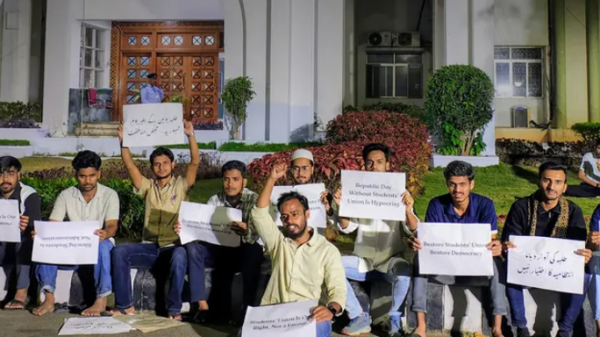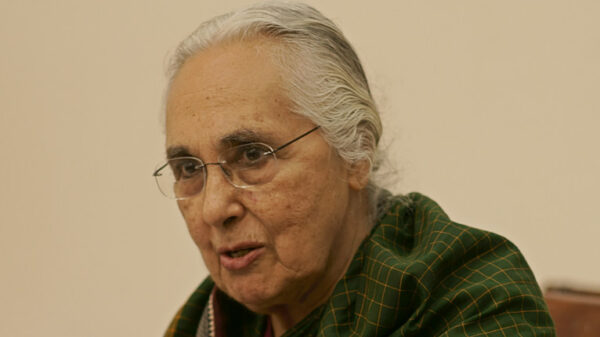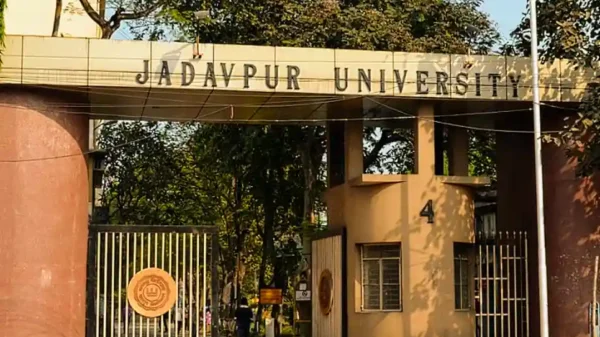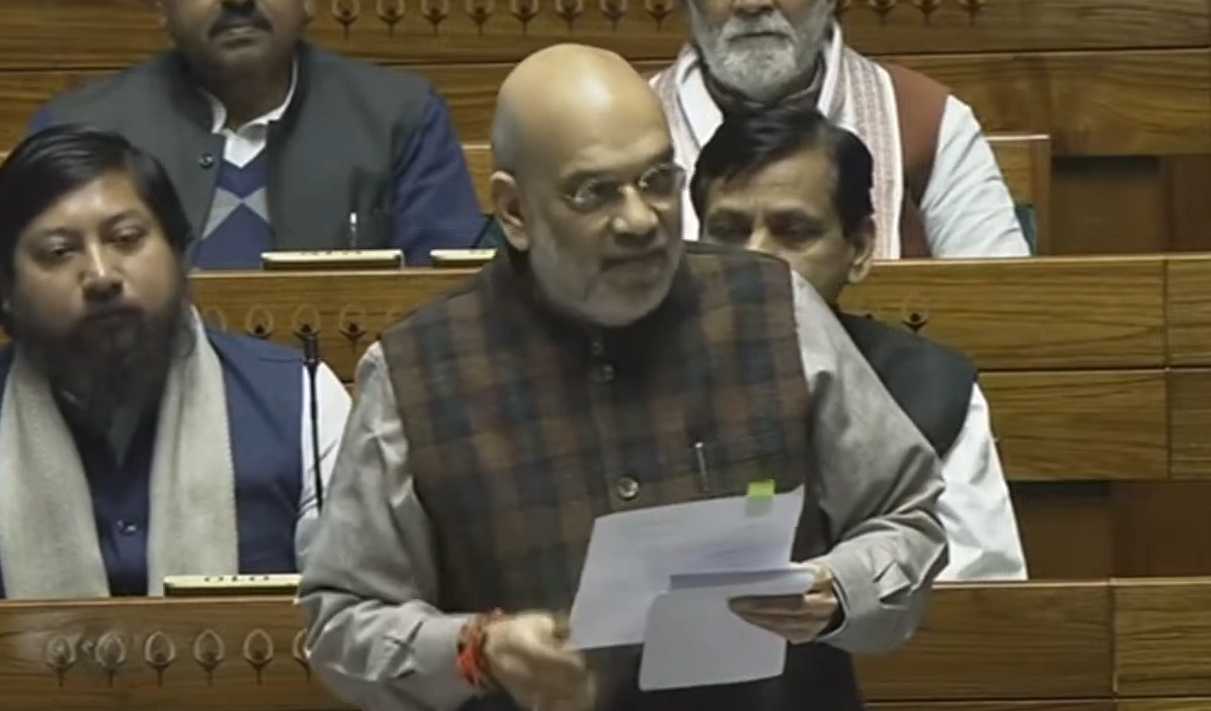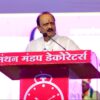The Lok Sabha passed three bills on Wednesday, aimed at replacing colonial-era criminal laws, despite the suspension of 97 Opposition MPs. The Bills—Bharatiya Nyaya (Second) Sanhita, Bharatiya Nagarik Suraksha (Second) Sanhita, and the Bharatiya Sakshya (Second) Bill—were introduced by Union Home Minister Amit Shah last week, seeking to replace the Indian Penal Code-1860, the Code of Criminal Procedure Act-1898, and the Indian Evidence Act of 1872, respectively.
Union Home Minister Amit Shah, defending the bills, stated during the debate in the Lok Sabha, “The three new bills seek to establish a justice system based on Indian thinking… The three proposed criminal laws will free people from colonial mindset and its symbols.” He went on to criticize the existing criminal laws, describing them as reflective of a colonial mindset with the intention to punish rather than impart justice.
Shah said, “I have gone through every comma and full stop of the draft legislations before bringing them before the House for approval.” He added, “The three laws also have a clear definition of terrorism, scrap sedition as a crime, and introduce a new section titled ‘offences against the state.'”
The Home Minister highlighted the departure from colonial-era terminology and emphasized that the bills would bring a human touch to the criminal justice system.
Shah noted, “For the first time, the criminal justice system will have the human touch. Till we repeal these old laws, we are still following laws made by the UK government.”
He criticized the old laws for prioritizing crimes like “looting the treasury,” “uprooting rail tracks,” and “insult to the Crown” over offences against women and children, human rights, border security, and the army. Shah also provided examples of renumbering sections in the new bills, stating that rape, murder, and kidnapping, among others, would be categorized differently.
Addressing concerns about mob lynching, Shah said, “This bill punishes mob lynching with the death penalty,” taking a swipe at Congress leader P. Chidambaram, saying, “If one’s mind is Indian, you will understand the laws. If it is Italian, you won’t.”
Shah maintained that the three laws were based on justice, transparency, and fairness, and highlighted the government’s previous achievements, including the revocation of Article 370, the removal of AFSPA in 70 percent of northeastern areas, the ban on triple talaq, and the provision of 33 percent reservation to women in Parliament.
“This is the first government which has fulfilled the promises it has mentioned in its manifesto. We have revoked Article 370, removed AFSPA in 70 per cent areas in the northeastern states, banned triple talaq and gave 33 per cent reservation to women in Parliament,” he said.






